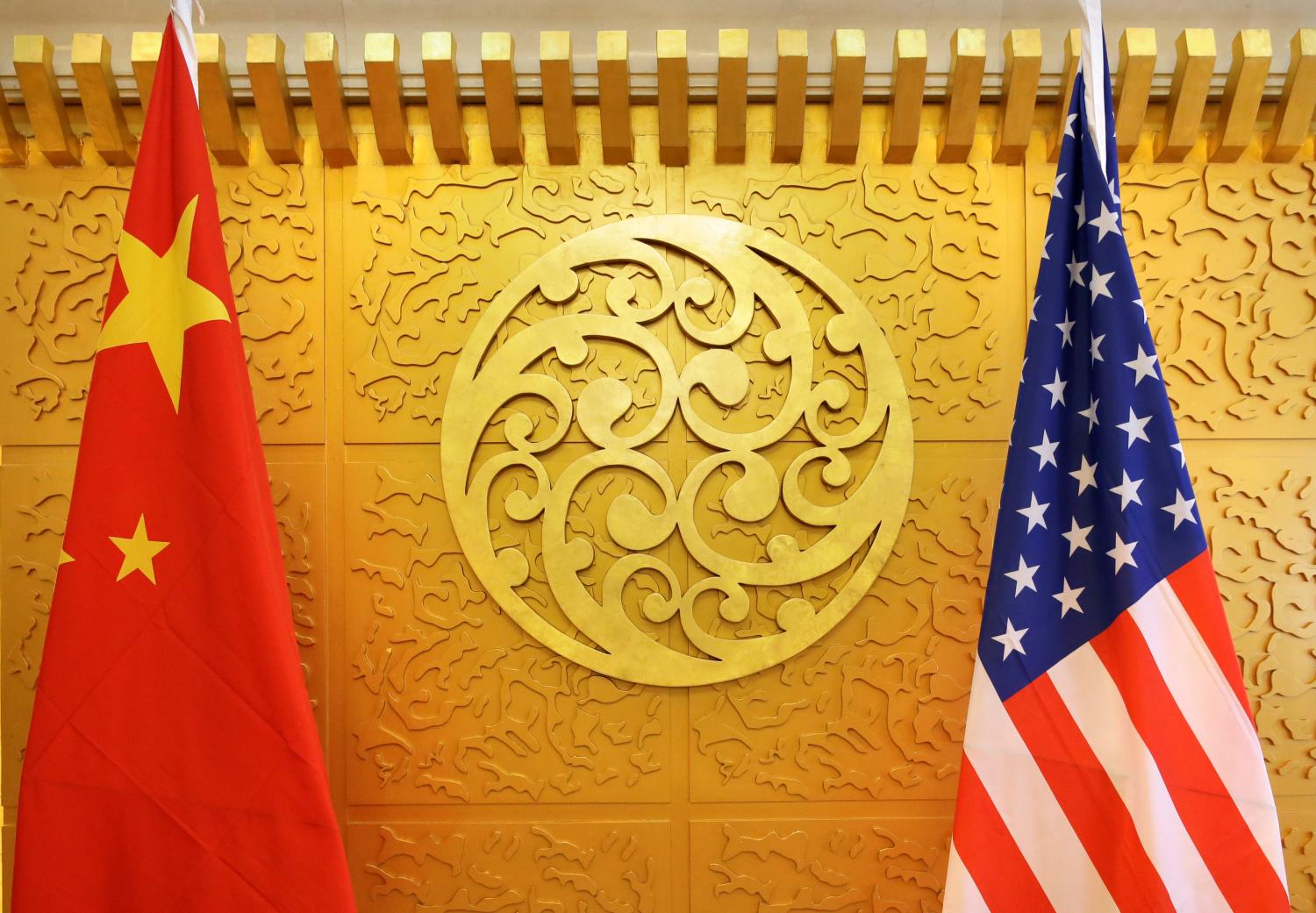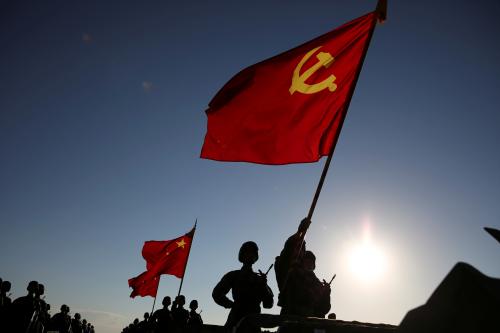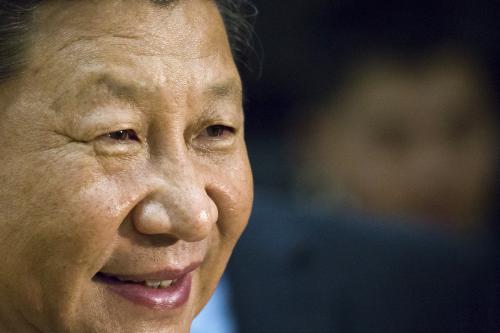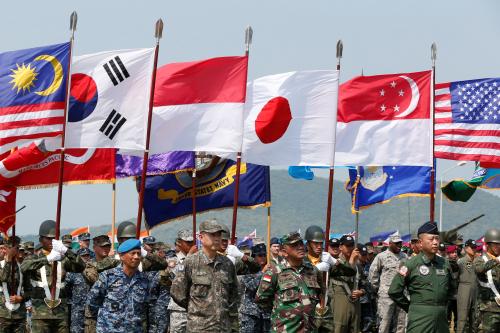Content from the Brookings-Tsinghua Public Policy Center is now archived. Since October 1, 2020, Brookings has maintained a limited partnership with Tsinghua University School of Public Policy and Management that is intended to facilitate jointly organized dialogues, meetings, and/or events.
Executive Summary
Donald Trump and Xi Jinping both have praised their relationships with each other and expressed support for the healthy development of U.S.-China relations. Despite these positive public comments, the relationship has deteriorated further and faster than at any point since the establishment of official ties in 1979. Each country blames the other for the downturn and believes the other bears responsibility for reversing the negative trajectory. Barring presidential-level intervention to change course, the relationship likely will continue to deteriorate and, in so doing, increase the risk of future confrontation or conflict.
Enmity is not preordained. Another choice would be for both leaders to work together and establish principles for managing U.S.-China rivalry. Such an effort would not seek to stifle competition, but rather to build guardrails around the relationship so that competition could occur within accepted bounds. This, in turn, would create conditions more conducive for both sides candidly to address concerns about the actions of the other.
There are ample steps both leaders could take to insulate the relationship without compromising each side’s stated strategic objectives. For example, they could develop a shared narrative for the relationship, which would provide direction and orientation for both governments. They could revive the standard practice of using summits as action-forcing mechanisms to deliver impactful outcomes and understandings, and not just as pageants of pomp and circumstance. They could revive the practice of “no surprises” on actions that impact the bilateral relationship in order to minimize risk of either side misinterpreting the other’s intentions. They could reinvigorate long-standing risk reduction work-streams to lower the possibility of unintended incidents that could lead to rapid escalation. They also could take practical steps to better manage acute irritants, such as trade, cyber issues, Taiwan, and North Korea, so that areas of friction do not overtake the relationship and drive it in a sharply adversarial direction.
The record of the past 18 months does not lend itself to optimism that leaders in either capital will take steps necessary to put the relationship on a firmer foundation. If both leaders opt instead to score points at the expense of the other, they will fuel mutual suspicions, and perceptions will harden about the inevitability of confrontation, and possibly conflict. But this outcome would be a choice, not an unavoidable result.
The Brookings Institution is committed to quality, independence, and impact.
We are supported by a diverse array of funders. In line with our values and policies, each Brookings publication represents the sole views of its author(s).







